Prepare for a LSPI test for used oil.
Matt Erickson | VP, Product Development
Low-speed pre-ignition (LSPI) surfaced a few years ago and caused so much trouble that the auto industry introduced an updated oil specification, API SN PLUS, just to deal with it. Well, automaker data from the field suggests it’s still a problem.
Before I dive in further, let’s refresh our memories on LSPI.
LSPI is an abnormal combustion event that results in severe engine knock. It can happen when over-sprayed fuel combines with oil along the cylinder wall, creating droplets that hide in the piston crevice.
Those droplets launch into the combustion chamber and ignite the fuel/air mixture too early. This creates a shock wave that collides with the upward-moving piston.
Sometimes, drivers notice the engine idling roughly or knocking. In extreme cases, the force can break off chunks of the piston, destroying the engine – and causing expensive warranty claims the automakers don’t want.
LSPI is a cousin of traditional engine knock, which has been around since engines were invented. But it is specific to gasoline-direct-injected engines that are usually turbocharged (T-GDI) and it normally occurs under low-speed, high-torque conditions, like when accelerating from a stop.
That’s a problem because most modern engines use turbocharging and direct injection to help meet tightening fuel[1]economy and emissions requirements.
The LSPI issue was so important that the industry introduced the API SN PLUS specification in May 2018, an amendment to the API SN specification that was current at the time.
The new spec included an LSPI test in response to the rash of LSPI issues arising in the field. Everyone agreed that it was needed to bridge the gap until the introduction of the API SP specification, which included an LSPI test.
Despite all this, some automakers are still seeing LSPI issues cropping up in the field. A recent Society of Automotive Engineers (SAE) paper indicates why.
While some oils protect against LSPI when they’re new and fresh out of the bottle, their ability to protect may diminish as the oil ages in service.
In one test, administrators aged different API SN PLUS oils for 100 hours on a dyno. Then they subjected them to LSPI testing and found that some oils provided good LSPI protection when new, but not after they’d been aged.
The study found that the oil’s formulation played a role in whether it protected against LSPI after aging. Oils with the proper balance of calcium and magnesium detergents were found to perform better after aging.
The industry is now working on an LSPI test for aged oil. All signs point toward introduction of another supplemental specification (probably API SP PLUS) that will include the new test.
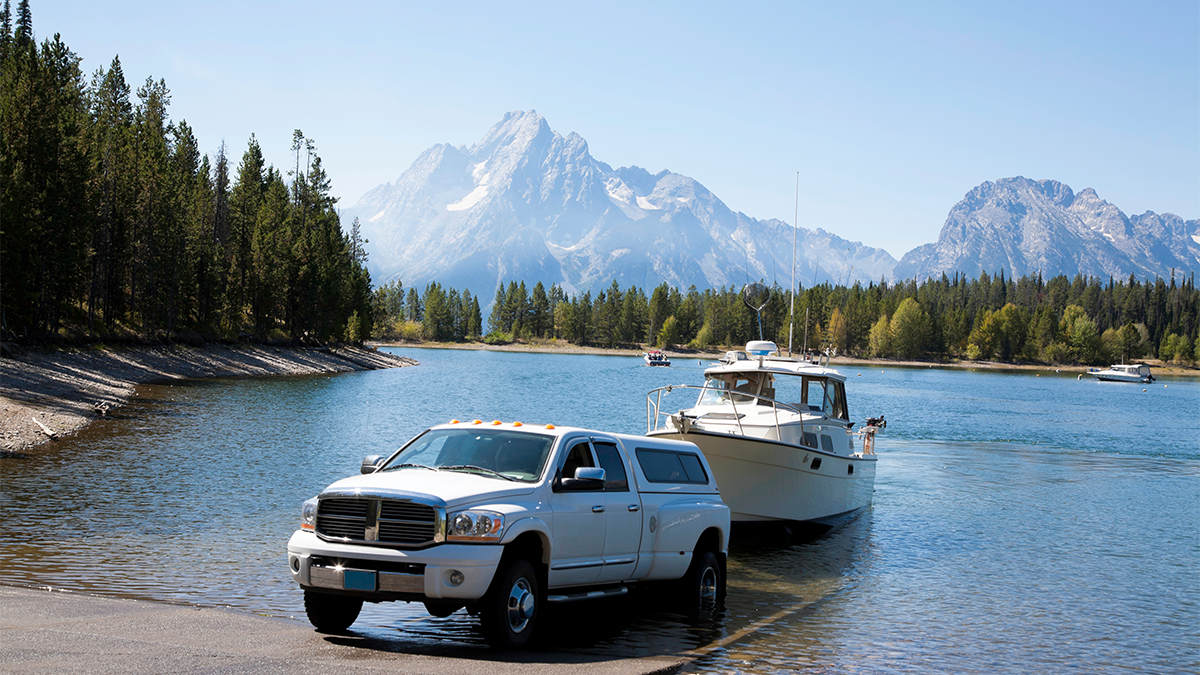

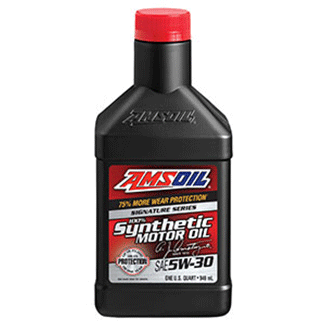
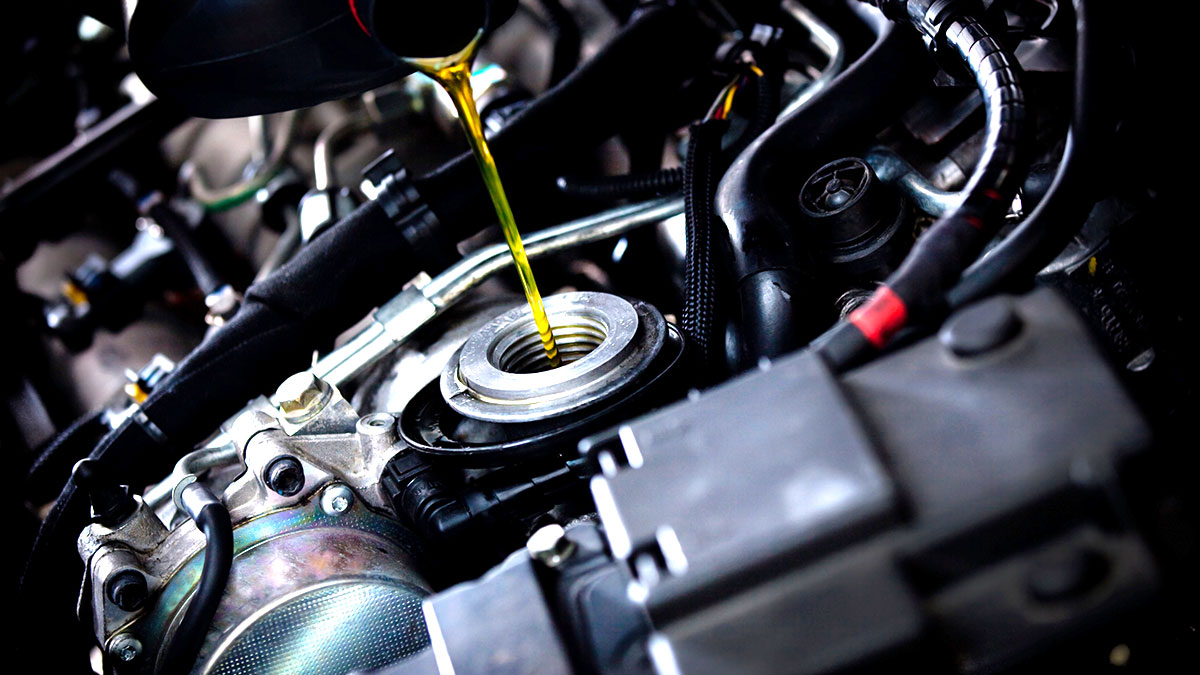


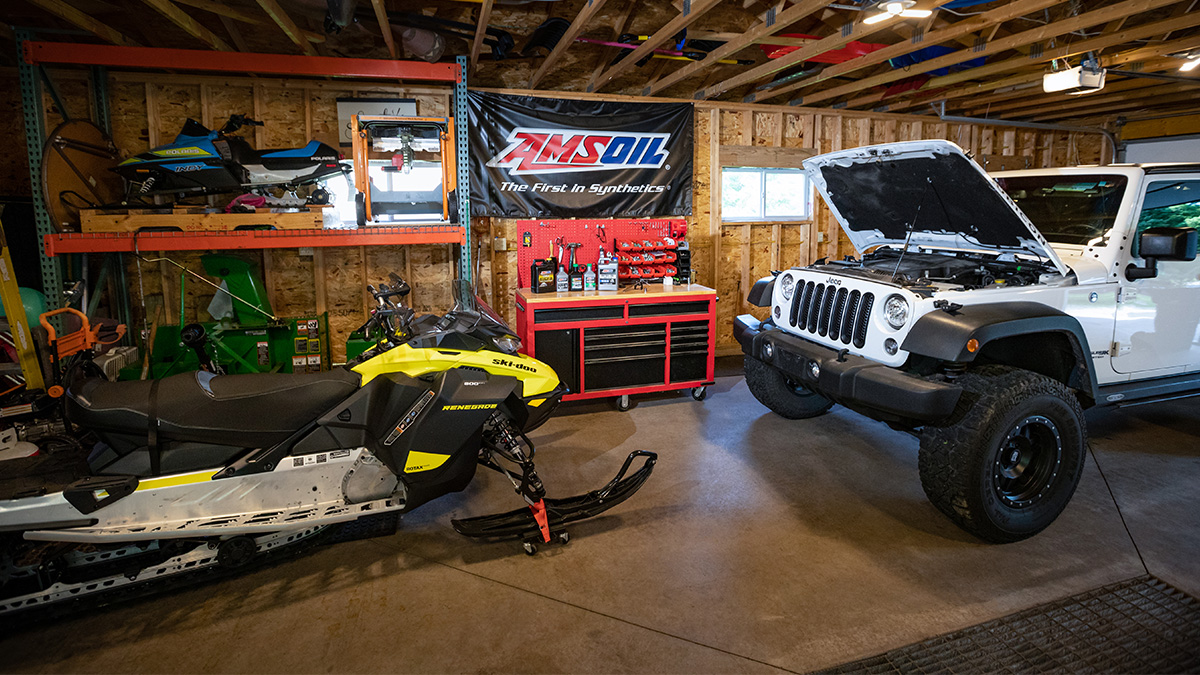
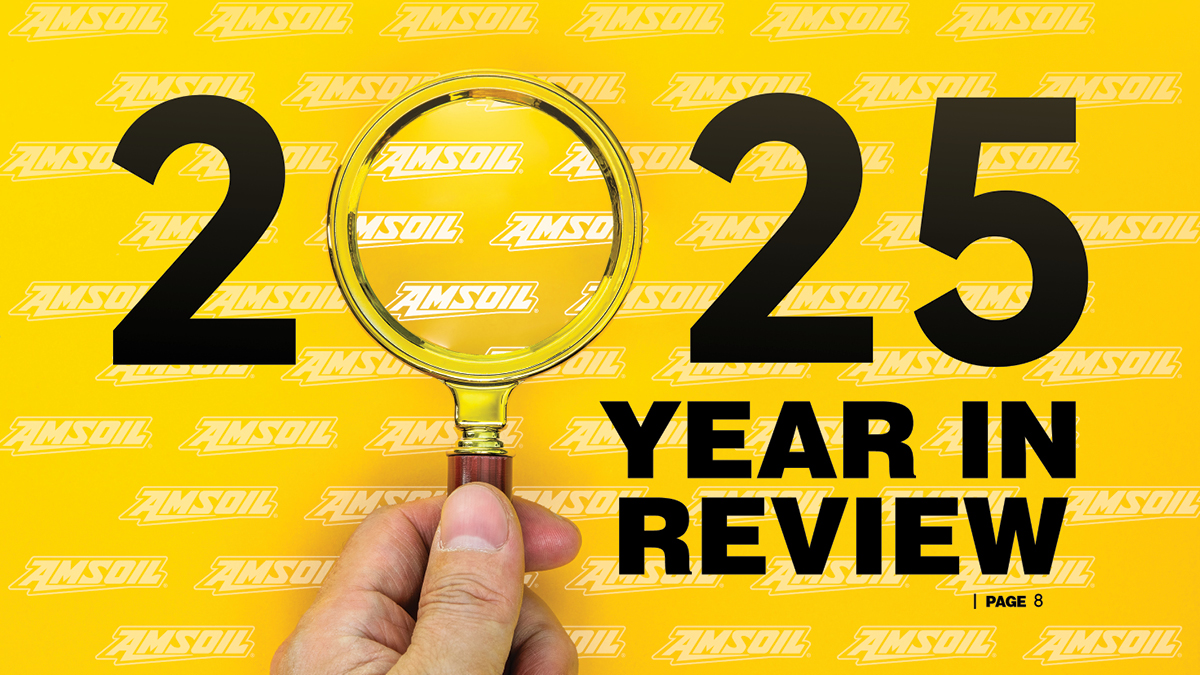

Comments
Share: